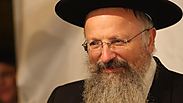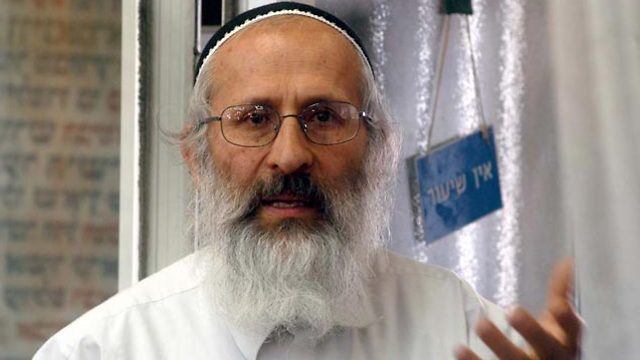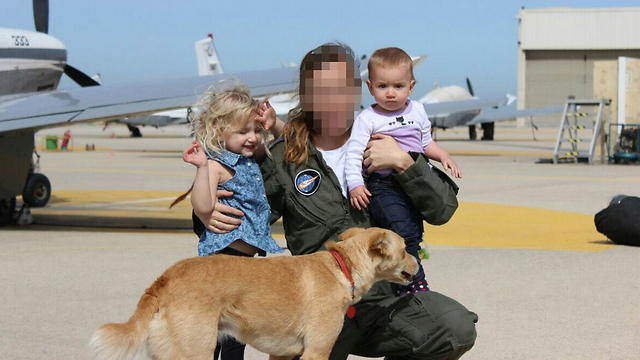
Let’s stick to the facts: The drop began in 2011—way before he was appointed chief of staff—and continued during Eisenkot’s term. The figures show that the same drop in motivation hasn’t reached members of the Religious Zionism Movement, whose desire to serve in combat units in general is at its peak. The secular public prefers to serve in technological units that are close to home and help them enter civil life.

Rabbi Eliyahu and Rabbi Shlomo Aviner’s cries appear to be result of real distress among national Haredi (“Chardal”) rabbis, who feel they are losing control over their students.
First of all, religious girls are enlisting in great numbers, and 2017 will be recorded as the year with the highest number of religious female recruits—2,700, about four times the number of religious female recruits in 2012.
Despite the rabbis’ background noises, the IDF hasn’t recorded an increase in the number of complaints filed by religious soldiers over joint service with female soldiers. In fact, in the past three years there hasn’t been a single incident in which a religious soldier left a military program over women’s service.
Talking about complaints, more and more secular soldiers are complaining about the limitations imposed on them because of the joint service. The religious soldiers and the soldiers from the periphery are, in many cases, the ones carrying the combat service stretcher nowadays. Their motivation is sky-high.
Forty percent of fighters in the combat regiment at the Bahad 1 base are Religious Zionism graduates. And they aren’t just flocking to the Golani and Givati brigades: In the Nahal Brigade, which was traditionally considered a more secular-Ashkenazi-kibbutznik brigade, three of five regiment commanders are religious. This figure points to a real revolution.
These are not the only mistakes in the rabbi’s comments. He also argued that every soldier forced to serve alongside a woman wouldn’t perform his mission “properly.” Well, the broad public might not know this, but Rabbi Eliyahu’s son serves in Army Radio, which is probably the most mixed and joint military unit, where all missions are divided equally between boys and girls. Somehow, its products haven’t suffered from this joint service. Eliyahu Jr. could have chosen to serve in a different unit which isn’t as mixed, but he is there because it’s a voluntary unit.

Back to the event that sparked the current row: The appointment of Major T. as the first female aviation squadron commander. She may not be a flight squadron commander, but she did make history as the female pilots’ course graduate who has made it to the highest position so far. And she isn’t not alone: There is another female officer in the squadron commanders’ course who will likely become a transport squadron commander later on. And in the Air Force, there is female officer who serves as deputy commander of the F-15 squadron.
We must admit, however, that the numbers are relatively low, both among girls volunteering for the pilots’ course and among those who manage to complete it or choose to remain in the army. Women pilots who want to be senior commanders face a real problem in light of the flight restrictions during pregnancy. In the combat and helicopter units, they are grounded at a very early stage, as Major T. experienced.
With maternity leave, that’s almost a year without flying during a command period of only two years. This places many women pilots in a dilemma which hasn’t been discussed out loud: The need to choose in many cases between children or a career, as the relevant age for the squadron command track is 25 to 37. In light of this dilemma, some of them choose to give up the dream of a pilots’ course.
That has nothing to do, however, with the irrelevant criticism over Major T.’s appointment. It’s a shame that too many national Haredi officials—both rabbis and Knesset members—are fanning the flames and creating an unnecessary dispute and unfounded hatred.

















